Leina Krespi
Birth : 1938-12-18, Rio de Janeiro, Rio de Janeiro, Brazil
Death : 2009-05-27
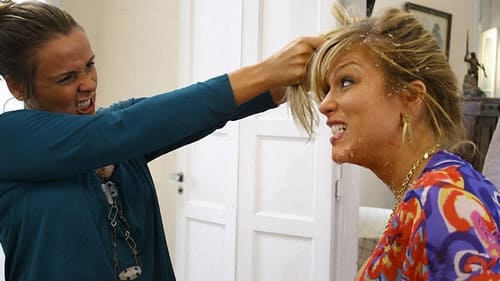
Velhinha
Clumsy old lady Dina Rocha lives with her son Marcelo. After a series of incidents at home, she moves to her house in Santa Teresa. She meets her friend Nonô and she pays a visit to her old friend. Her sons do not know where she is and they go to the hospitals and morgues. Coincidently there is the body of an old lady smashed by a truck and they believe that she is their mother. Meanwhile two smalltime thieves break in Nonô's house and keep the two old ladies locked in the bathroom. During the funeral of Dina Rocha, the dysfunctional families have a quarrel disputing their heritage.

Vizinha
Fortune takes four human beings to the last frontier of passion. There, where love becomes almost inhuman and divine. As if he was a comet, Rafael, the traveler, appears at the party for the cities patron saint, in a small town in the interior of Minas Gerais. He is the one who brings passion and crime, vanishing afterwards, leaving a poetic feeling in the air, which is always deadly to the ones who stay. Mrs. Ana de Lara, the proud rich widow, and Missy, still a child, whose beauty and innocence are like the Tiê-Sangue, a red bird, are the travelers victims. There is also Master Juca do Vale, a criminal, whose passion turns him incredibly human, in this story of love, death, forgiveness and resurrection.
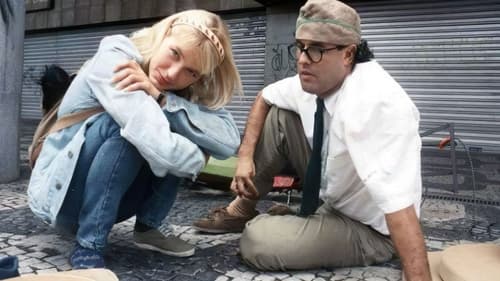
Cotinha
The fairy tale story of Maria da Graça, a small town girl with big time dreams of becoming a singer, who moves to Rio de Janeiro to pursue her ambitions.

Saul and Mônica return to São Paulo after three years and find his family's colonial mansion abandoned, inhabited only by his old nanny, Bá, and his brother, Domício.
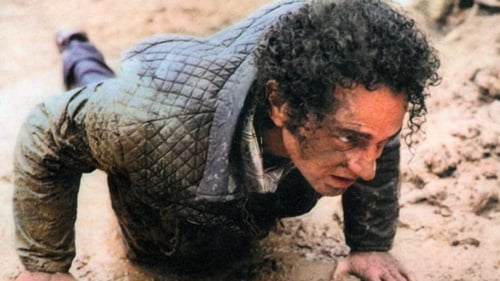
An accident at a construction site, resulting in one death, sets one worker off on a struggle for justice that exposes the mechanisms of exploitation and the class relations of a country that had undergone one decade of fast-paced ‘conservative modernisation’ at the hands of the military. As a sort of sequel to the classic The Guns (1964), following the fate of those characters as they move from enforcers of exploitation to exploited, it offers more than a snapshot of the period: the correspondent time lapses in fiction and reality capture the passage of a chunk of Brazilian history between the two films, and, therefore, also the transformations in cinematographic approaches to the social and political between the two moments. Equally daring in content and form, and in the originality of the adequacy of one to the other, it won the Silver Bear at Berlin.
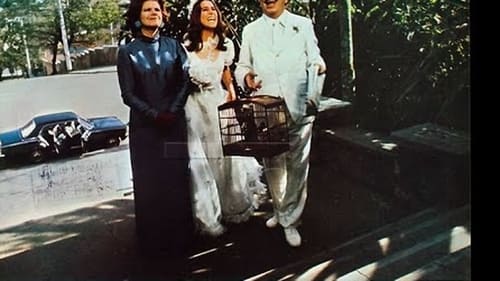

A film that records the rehearsals of a Brazilian theatre troupe directed by Victor Garcia, and then the conflicts that break out as they tour Iran and France with a performance of Calderon's autos sacramentales. A problem with a scenery prop sparks a crisis in the group and the film chronicles this disaster.

Joana is a sophisticated, beautiful woman, so she has a choice of lovers, and destinies. She will let down Pierre, the French consul at São Paulo, and with him the frivolity of tea-parties and comfort. Her wild inner-soul will develop into the wild forest surroundings of a landlord's farmhouse. To the extent she will defend her land like a 19th century owner - of lands and men alike.
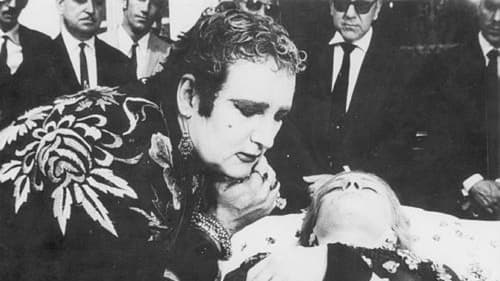
Newly wed arrives at her husband's family house, in the country. The heavy atmosphere of the house frightens her, and she takes refuge in her homosexual son-in-law's room, who is kept locked and hidden from society. A tragedy occurs, causing her departure. She's only to return seventeen years later, and sick.

A long time public servant is told by an angel that he will die at midnight of the following day.

An existentialist drama that narrates one night in the life of a couple formed by an architect and university professor who has just left his job and a modern married woman, interested in a casual love affair.







